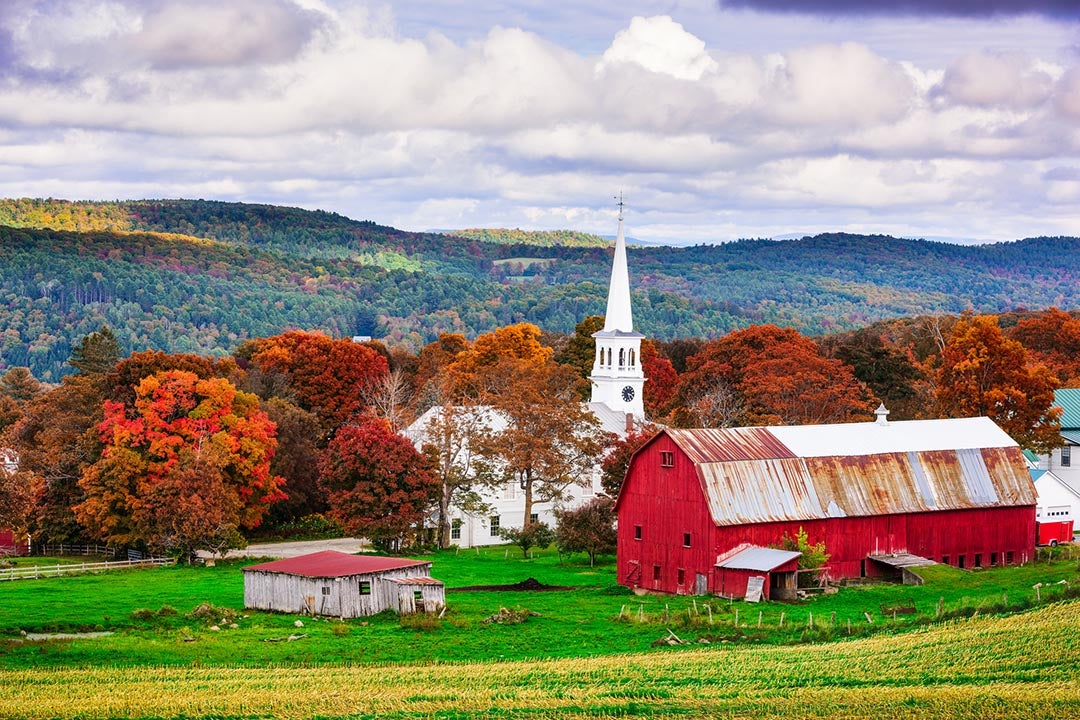When J.D. Vance sat down to write his first book, he intended for it to be a social commentary on the lives of his white, working-class, rural community. Instead what poured out of him were the personal stories of his grandmother and their family’s struggles. Soon other members of his family began to contribute their own recollections. Vance’s memoir, Hillbilly Elegy, has become an oft-cited work in the conversation about the growing division between rural and urban Americans. He joined the Aspen Institute to discuss his views with Elliot Gerson, executive vice president of policy and public programs.
Although Vance was born in Middletown, Ohio, his family hails from the hollows of eastern Kentucky. After joining the marines and graduating from college, Vance moved to the east coast to attend Yale Law School — but he could not shake the feeling of being a cultural outsider.
Vance found great professional success after law school as a venture capitalist. Now a highly coveted author and commentator, he credits his accomplishments to his mamaw, or grandmother. Despite being raised in abject poverty, she believed in a brighter future for her family. This helped Vance rid himself of the “learned helplessness” that he says plagues much of his community.
While Vance recognizes that members of the white working class do tend to share similar jobs, voting patterns, and lifestyles he is cautious to classify their culture as totally distinct from other groups. Many of the features that are used to describe rural whites can also be applied to lower-income black and Latino communities. “Talking about problems as if they’re unique to a certain community can actually be bad for that community,” Vance said. “It can also be bad for our broad understanding of what’s really driving poverty and inequality and low upward mobility.”
Yet one feature that many white, rural Americans do share is their avid support for Donald Trump. Unlike other pundits, Vance does not attribute this to economic, racial, or cultural divisions. He says that anti-elite sentiment and lack of trust in the nation’s political leaders is the animating force. Trump’s critique of politicians who cozied up to rich donors while leaving average Americans behind resonated with his base.
This anti-elite sentiment has bled into the white working class’ perceptions of the media. While Vance worries about Americans not trusting factual reporting due to partisan allegiance, he said that the Iraq War lead-up, the housing crisis, and other high-profile incidents in which the public was misled have made it hard for them to discern fact from fiction.
The willingness of Americans to isolate themselves from one another only contributes to the lack of social cohesion in this country. And without a sense of common purpose there is no will to solve our problems. In addition to running a nonprofit in Ohio, Vance now spends time thinking about how to get people of different backgrounds into the same room. “The fundamental barrier is that we don’t spend enough time with the people we share this country with,” he said.


